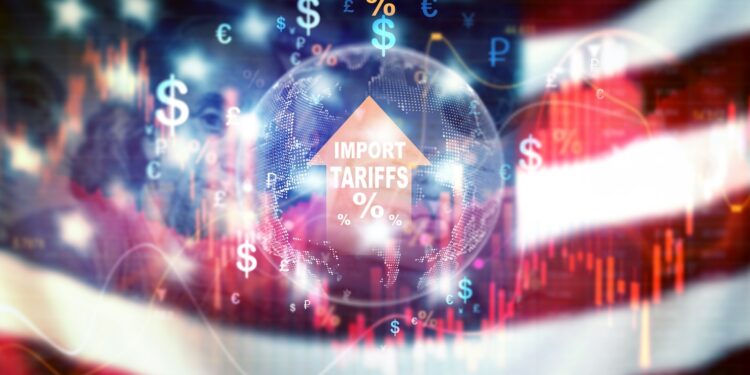Tariffs not only affect economies, but also everyday life. Prices for electronics, machinery, and many other products are directly dependent on them. Now a US court has declared Trump's global tariffs illegal. However, the decision will not be implemented for the time being because an appeals court is demanding more time for review. What does this mean specifically? And what impact does the ruling have on business and trade?
Donald Trump had imposed tariffs, ostensibly in response to national emergencies. These affected countries included China, Mexico, and Canada. The measures were justified by drug trafficking, uncontrolled immigration, and the protection of domestic jobs. Now a court has ruled that these tariffs are illegal. Trump's response: He sees them as political hatred directed at him personally. The White House also expressed disapproval, saying that judges should not interfere in how national emergencies should be handled.
Court sees clear overstepping of authority
The court responsible for international trade concluded that Trump exceeded his authority. The law is clear: No president may impose taxes or tariffs unilaterally. In particular, the reference to the "International Emergency Economic Powers Act" of 1977 is insufficient. Instead, the "Tariff Act" of 1930 applies, which clearly regulates when and how tariffs are permitted – namely, only in the case of concrete trade threats. The ruling affects not only global tariffs, but also specific measures against certain countries. Punitive tariffs against China, Mexico, and Canada were also declared illegal. The justification of drug smuggling and migration is legally insufficient.
Court of Appeal suspends implementation
Despite the clear ruling, everything remains the same – for now. A federal appeals court has halted implementation . The reason is a formal one: the deadlines for comments must be met. The US government now has until June 9 to express its position. The plaintiffs must respond by June 5. So, this is less about reversing the ruling than about extending the proceedings.
Economy and tech companies under pressure
The constant uncertainty surrounding tariff policy has direct consequences. Tech companies like Apple, which rely on international supply chains, are particularly affected. The fluctuating tariff policy makes long-term planning difficult. In addition, legal proceedings to clarify the legality of the tariffs are underway in several states. In California, where many of the affected companies are based, legal action against the tariffs is already being considered.
Tariffs remain a factor of uncertainty
The Trump tariffs were halted by the courts, but the proceedings are still ongoing. A final ruling is pending. One thing is clear: the issue remains controversial. For consumers, this means one thing above all: uncertainty remains. Whether purchasing electronics or exporting products, US tariff policy has a direct impact. Therefore, it's worth following developments closely. (Image: Shutterstock / Miha Creative)
- New Mac with M5 chip coming this fall? What's known so far
- Apple study shows: This is how fast the App Store is growing in the USA





